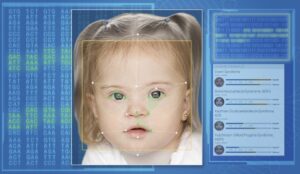
The Role of Questionnaires in Detecting Developmental Delays
As parents, we are often eager to ensure our children are meeting their developmental milestones. However, understanding whether a child’s development aligns with typical age-appropriate benchmarks can be challenging. This is where questionnaires, as screening tools, play a significant role in identifying developmental delays. Let us explore how these tools function and why they are […]






